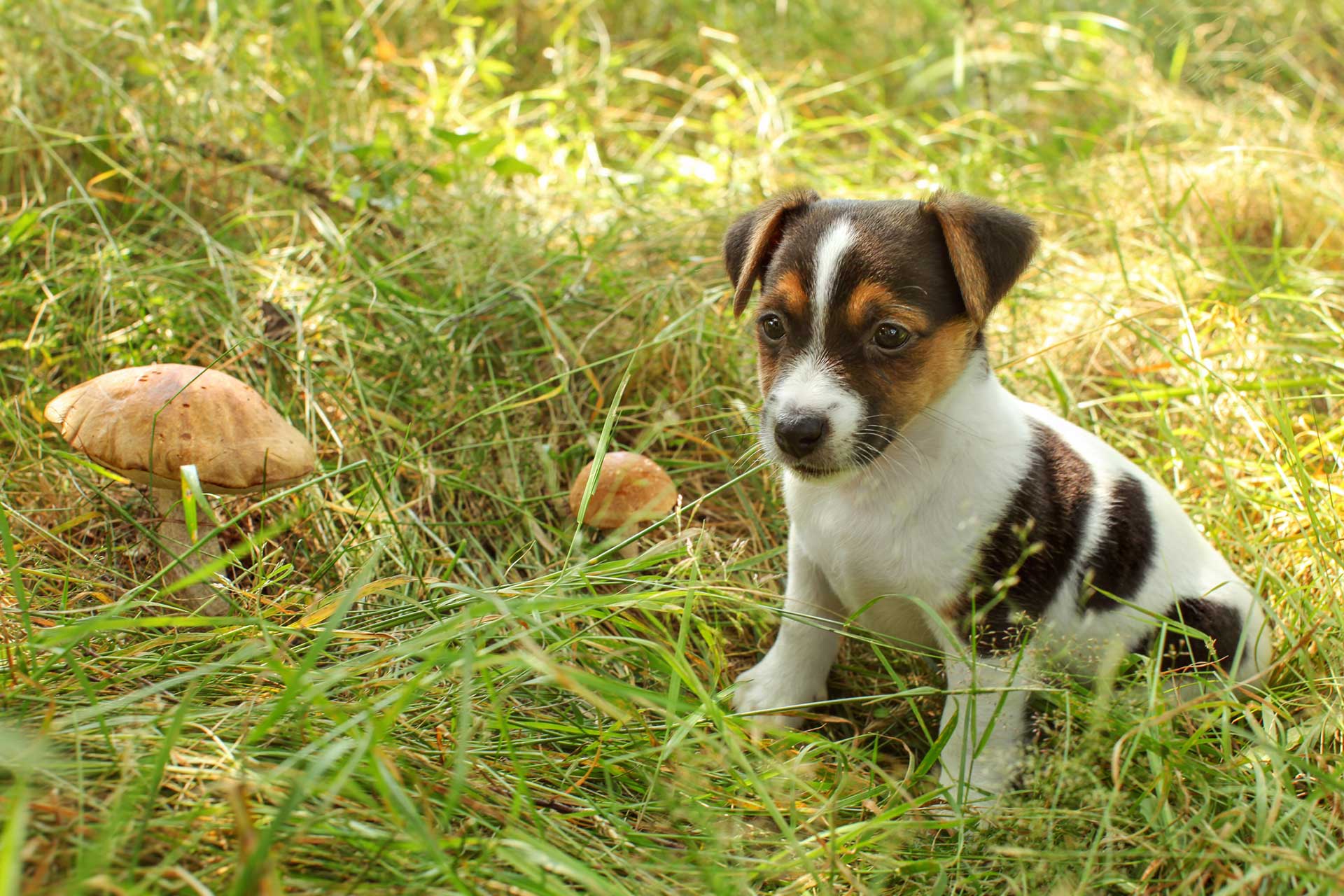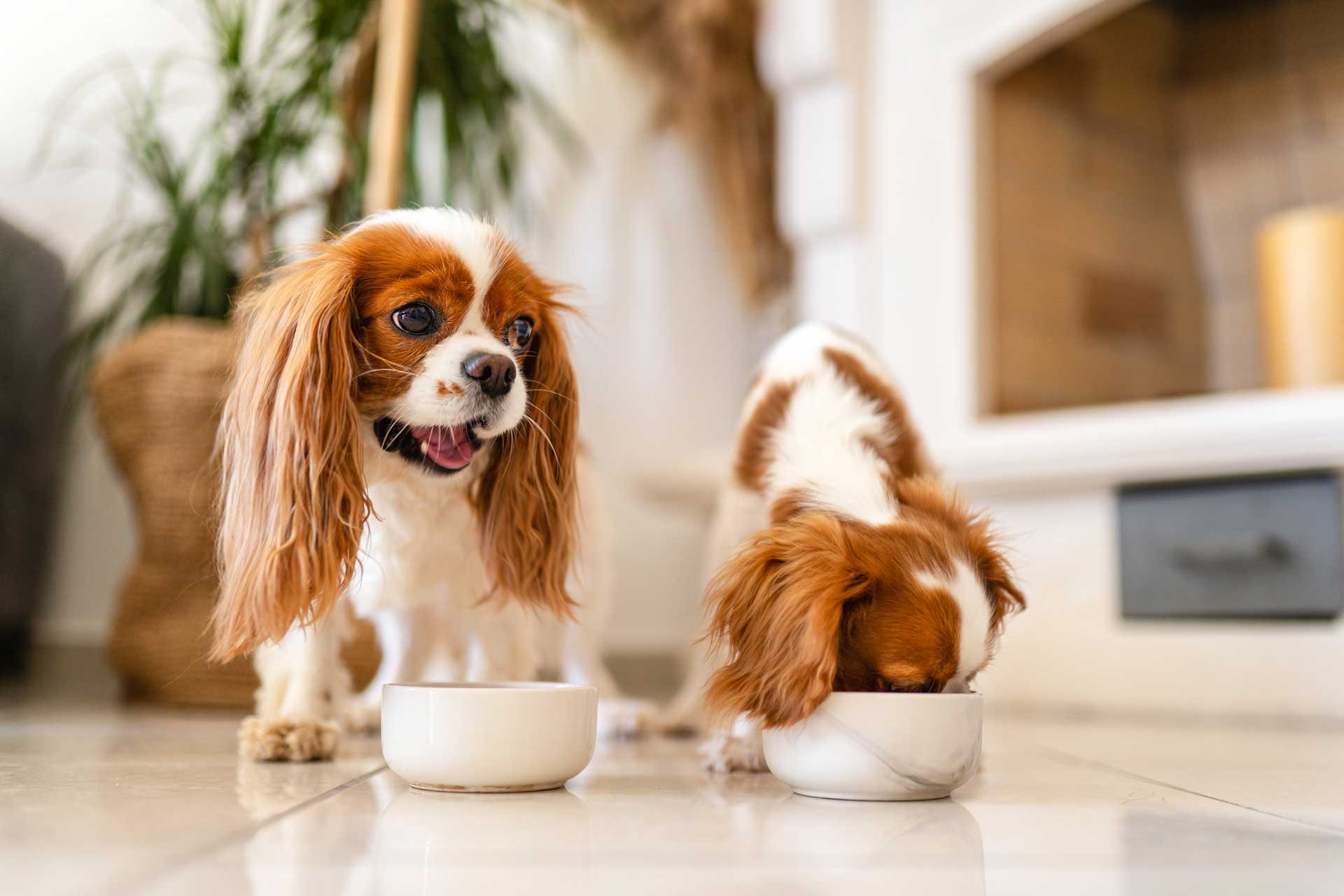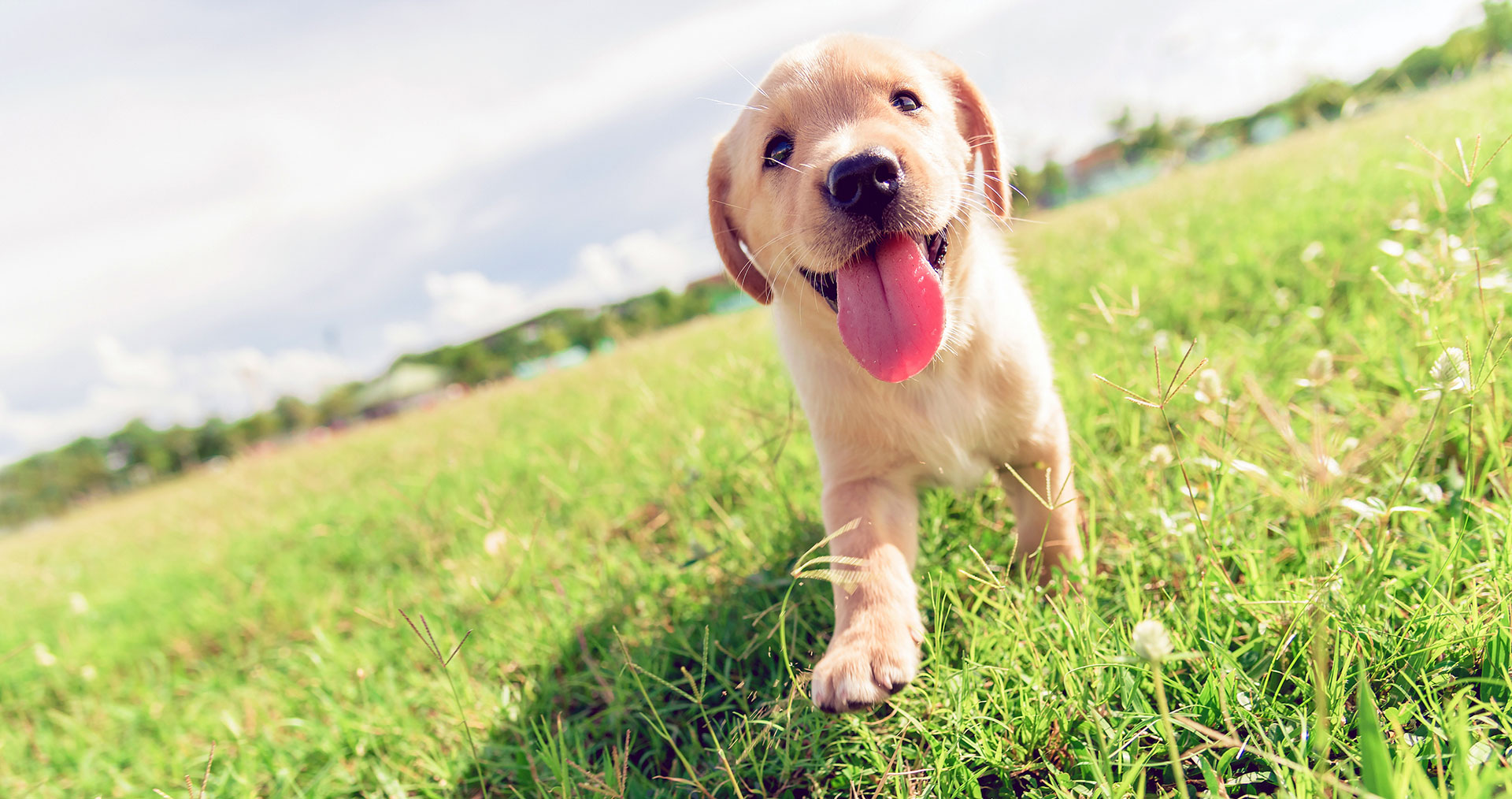If you’re a mushroom lover, you might wonder if mushrooms are safe to feed your pet. Unfortunately, there’s no clear-cut answer, it depends on the type of mushroom. Generally, store-bought mushrooms are safe for dogs and cats. However, wild mushrooms discovered in your garden or during walks can be extremely poisonous to pets.
Recognising the signs of mushroom poisoning and knowing what to do if you suspect your pet has eaten a toxic mushroom is crucial.
Signs of mushroom poisoning
The most common signs of mushroom poisoning include:
- Vomiting
- Bloody diarrhoea
- Abdominal pain
- Constricted pupils
- Trouble walking
- Lethargy
The severity of symptoms depends on the type and amount of mushroom consumed and the pet’s size. Small pets are more vulnerable, as it takes fewer toxins to affect them.
Immediate actions to take
1. Collect a sample
If possible, take a sample of the mushroom your pet consumed. This can help your vet identify the specific toxin and provide appropriate treatment.
2. Contact your vet
Call your vet or an emergency pet clinic immediately. Provide them with details about the mushroom, the amount ingested, your pet’s weight, and the time of ingestion.
3. Do not wait
Toxic reactions can occur rapidly. It’s better to seek medical assistance immediately, even if your pet hasn’t displayed symptoms yet.
Prevention is the best defence
Preventing mushroom toxicity in pets is the safest approach. Here’s how to protect your four-legged friend:
- Stay clear of all wild mushrooms
Toxic mushrooms can be hard to identify, so it’s best to be cautious and keep your pet away from all wild mushrooms. - Regularly inspect your garden
If you notice mushrooms, remove them immediately. Dig up the entire mushroom to prevent new mushrooms from growing. - Leash control
While walking your pet, keep them on a leash to prevent foraging. - Training
Train your pet with basic commands like “leave it” to deter them from consuming things they find on the ground.
If you have any questions about mushrooms and their toxicity, speak to your vet.








